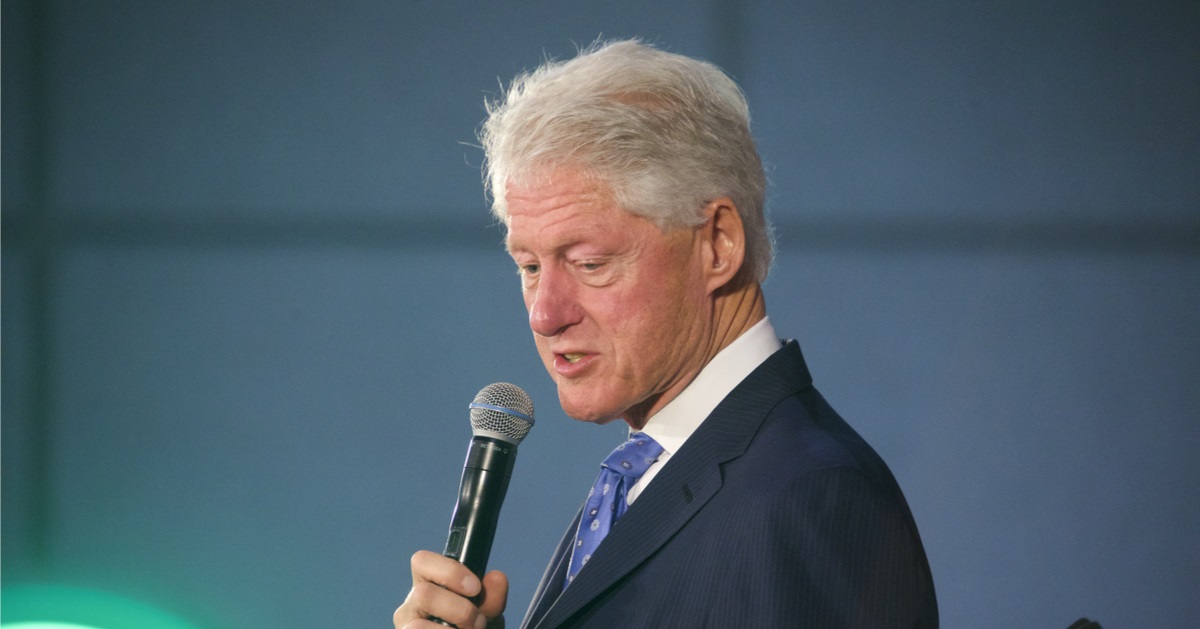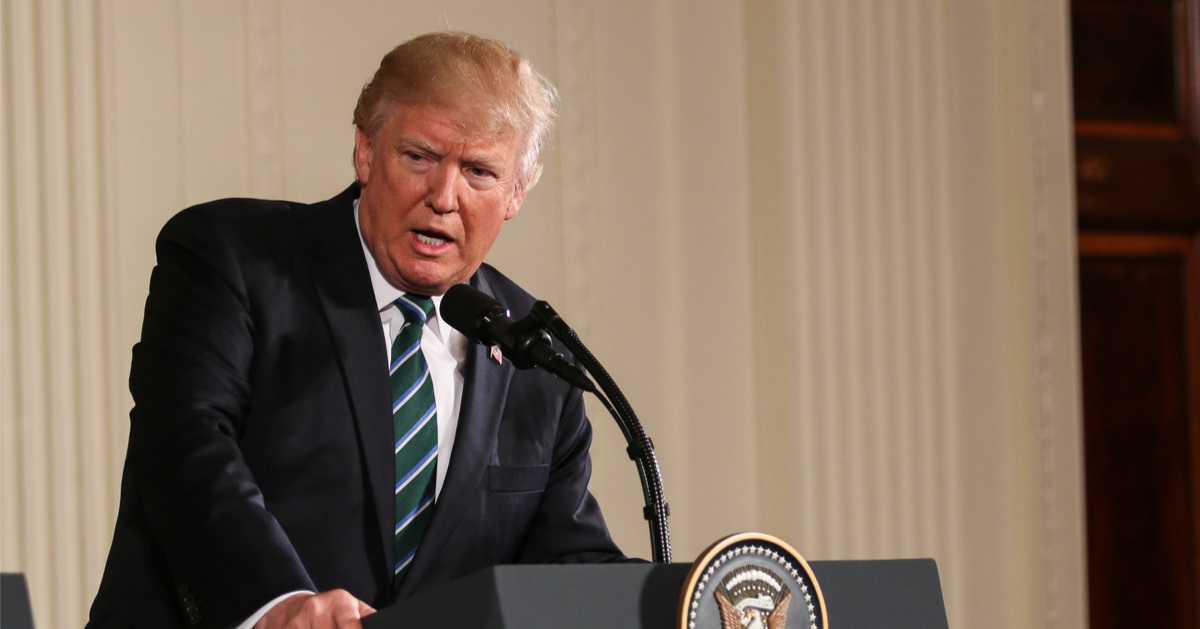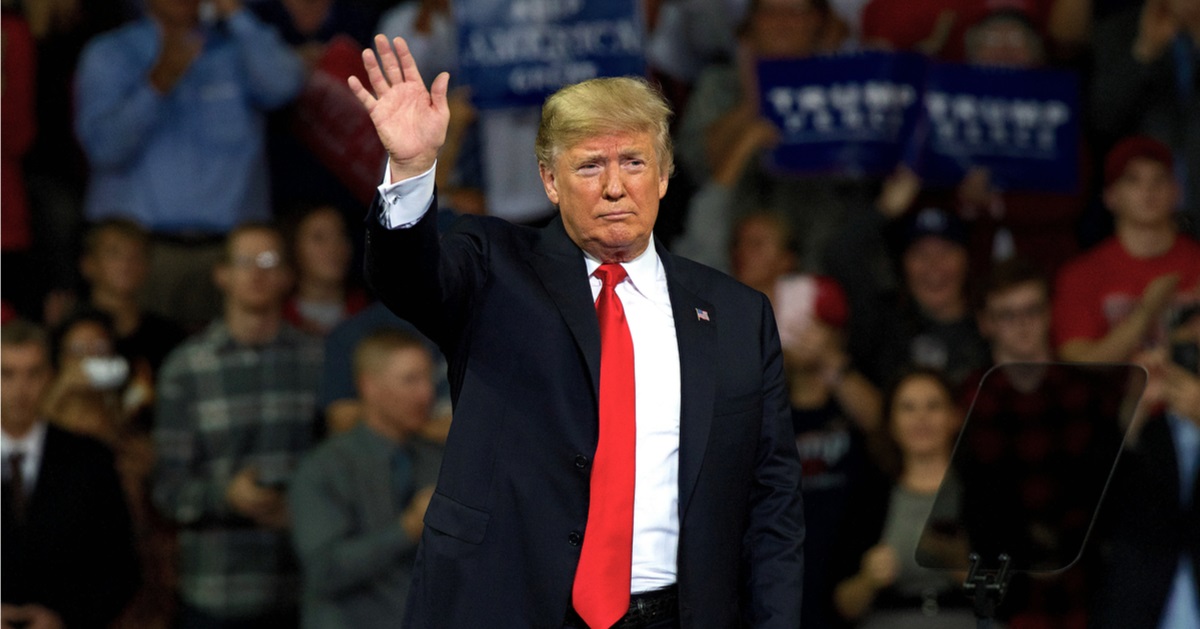Supreme Court's immunity ruling may block House GOP efforts to hold AG Garland in contempt for ignoring congressional subpoena
The Supreme Court recently ruled that all presidents, including former President Donald Trump, enjoy absolute immunity from criminal prosecution for acts that fall within their core constitutional powers.
In an ironic twist, that same immunity ruling may now prove to be an insurmountable obstacle to House Republican efforts to hold Attorney General Merrick Garland in criminal contempt of Congress, according to Forbes.
The House previously voted along party lines to hold Garland in contempt over his refusal to turn over the subpoenaed audio tapes of President Joe Biden's interviews with Special Counsel Robert Hur, which the White House claims are protected by executive privilege and which sparked a lawsuit that could be stymied by the high court's immunity ruling.
Garland sued over refusal to comply with congressional subpoena
The Associated Press reported on July 1 that House Republicans filed a lawsuit against AG Garland that asks the courts to force him to comply with their subpoena for the audio tapes, and not just the written transcripts, of President Biden's interview last year with Special Counsel Hur as part of the investigation into his retention of classified documents from his vice presidency.
Garland had been held in contempt of Congress for refusing to provide the subpoenaed tapes to Congress, citing executive privilege, and the lawsuit was filed after the Justice Department refused to prosecute the criminal contempt measure against Garland.
"The audio recordings, not the cold transcripts, are the best available evidence of how President Biden presented himself during the interview," the GOP lawsuit stated. "The Committee thus needs those recordings to assess the Special Counsel’s characterization of the President, which he and White House lawyers have forcefully disputed, and ultimate recommendation that President Biden should not be prosecuted."
Garland likely protected from prosecution by extension of presidential immunity, executive privilege
Unfortunately for House Republicans, according to Forbes, the lawsuit against AG Garland may fail because of the Supreme Court's presidential immunity ruling that explicitly placed a president's interactions with the Justice Department and federal law enforcement within the executive's core constitutional duties that cannot be prosecuted.
As such, Biden's interactions with Special Counsel Hur are not just absolutely immune from prosecution but also even investigation, as is the decision to invoke executive privilege to protect the audio tapes of those interactions.
To be sure, House Republicans will argue that they are seeking to prosecute Garland and not Biden, and that presidential immunity doesn't apply, but the court's ruling could be interpreted as extending the president's immunity to the attorney general in this matter because it involves a president's protected actions.
Nor can a claim of wrongful motives on the part of the administration be used to overcome that immunity, as the court ruled that even an alleged "improper purpose" behind a non-prosecutable official act does not "divest the President of exclusive authority over the investigative and prosecutorial functions of the Justice Department and its officials."
Furthermore, per the AP, administrations from both parties have long held that federal officials who assert a president's executive privilege cannot be prosecuted for criminal contempt of Congress because of that claimed privilege.
Vote to hold Garland in "inherent contempt" fails
Meanwhile, as that lawsuit remains pending for now, CBS News reported that House Republicans attempted to take enforcement of their contempt of Congress against AG Garland into their own hands but fell short in doing so on Thursday.
A vote was held to hold Garland in "inherent contempt," a rarely used congressional power that would ostensibly allow lawmakers to either hold the attorney general in custody or fine him daily until he complied with the subpoena he has ignored, but that vote lost 204-210 when four Republican members crossed the aisle to oppose the measure alongside all Democrats.
Thus, at least as of now, it appears that House Republicans have unsuccessfully exhausted all efforts short of impeachment or will be blocked by the courts in their attempts to hold Garland accountable for his refusal to comply with a subpoena for the audio tapes of President Biden's interview with the special counsel.





